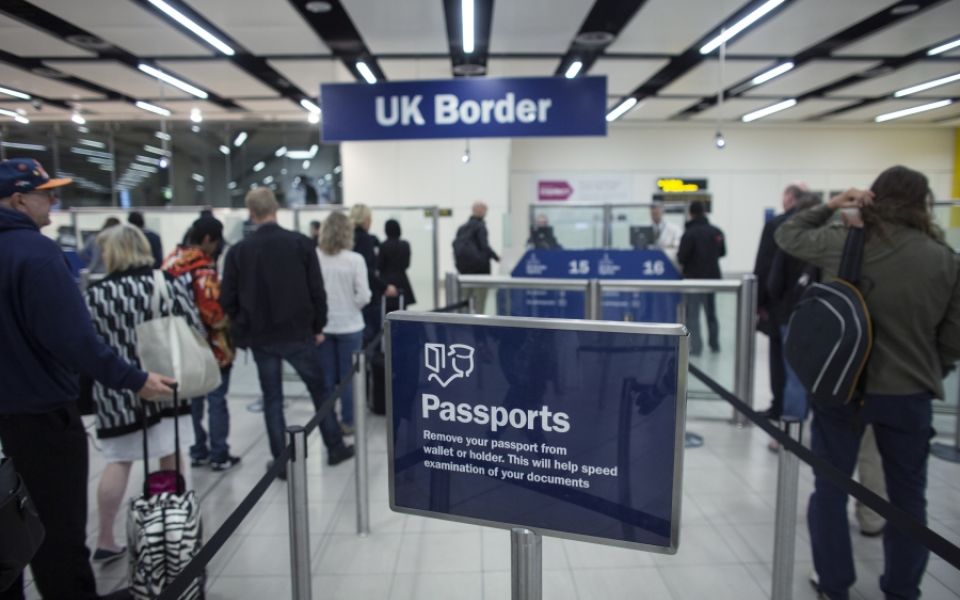Major report recommends end to migration cap for highly skilled workers

The government should make it easier for highly skilled workers to come to the UK, according to a major report from an independent committee tasked with examining the migration system.
Reforms proposed by the Migration Advisory Committee (Mac) include abolishing caps on tier 2 visas for high- and medium-skilled workers, and streamlining the application system. The tier 2 scheme would be extended to EU citizens, ending free movement.
The proposals will put pressure on the government to u-turn on its controversial policy of reducing net migration to the UK to the “tens of thousands”.
Professor Alan Manning, the Mac's chair, said the committee's “core recommendation is for the UK to be more open to skilled workers from around the world and to limit access to low-skilled workers”.
“High-skilled workers bring clear benefits to the UK economy and should be actively encouraged,” he added.
The report, published today, attempts to provide a vision of the ideal migration system for the UK, weighing up the effects on wages, unemployment, productivity, public services and “subjective well-being”, among other factors.
The report found that the effects of migration appear to “seem small in magnitude when set against other changes”. For instance, the fall in the value of sterling in the past two years has had a larger impact on wages and employment for Britons than all migration from the European Economic Area since 2004.
While the report calls for an end to the cap on high-skilled visas, it also suggests the UK should end automatic free movement between the UK and the EU after Brexit. It also says EU citizens should not have preferential access to the UK after Brexit when compared to non-EU workers.
Salary thresholds for visa eligibility should remain unchanged, the report said.
The report's recommendations would make it much harder for lower-skilled workers to enter the UK, with the exception of a seasonal workers scheme of the type demanded by industries such as farming.
While the Mac found that migration is not a “major determinant” of UK wages, it also said the entry of lower-skilled workers into the British economy negatively impacts lower-skilled British citizens, while boosting higher-skilled Britons.
Other findings:
-
Migration increases house prices, but the effects cannot be seen “in isolation from other government policies” pushing up prices.
-
European migrants pay significantly more in taxes than they receive in benefits, with migrants from the first 13 member states benefiting the Exchequer more than those from newer member states.
-
The government's existing funding formulae do not give enough attention to increasing resources to areas which have experienced a rapid influx of migrants.
-
European migrants contribute “much more” to the NHS and social care than they consume. There is “no evidence” that migration has reduced the quality of healthcare.
-
There is “no evidence” that migration has reduced parental choice in schools, or that it has dented the educational attainment of British-born children.
-
Migration does not impact crime levels.
-
Britons' subjective well-being has not overall been impacted by migration, although there are stark differences in opinion.